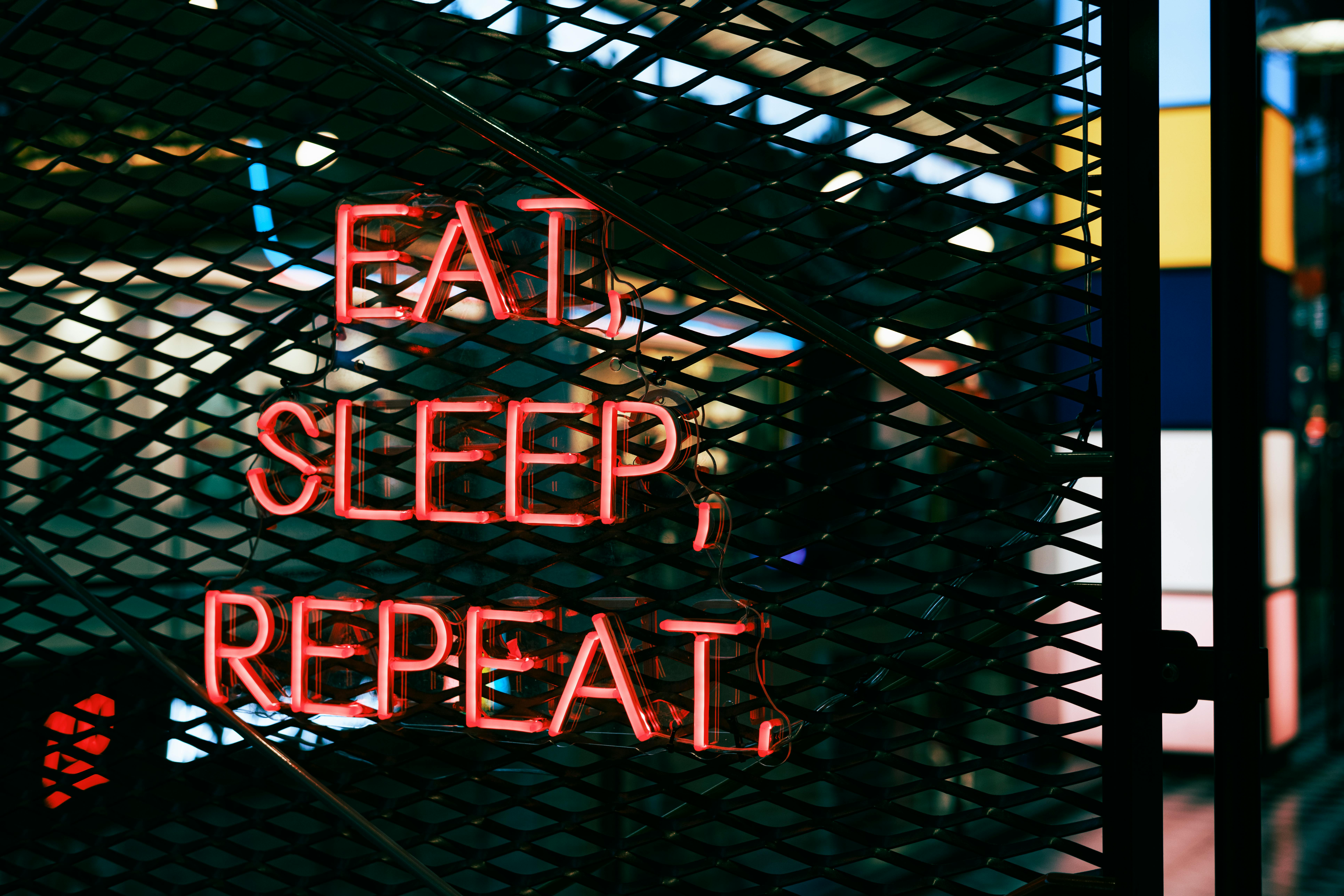Struggling to get a good night’s sleep? Your diet might hold the key. Scientific research has established a strong link between nutrition and sleep quality, with certain foods promoting relaxation and better sleeping patterns.
Among these, tryptophan—a naturally occurring amino acid—plays a vital role. Tryptophan is a precursor to serotonin and melatonin, two neurotransmitters essential for relaxation.
Explore how tryptophan is metabolized into melatonin and highlight seven tryptophan-rich foods that can help you achieve restful slumber.

The Science Behind Tryptophan
Tryptophan is an essential amino acid, meaning it must be obtained through the diet. It serves as a precursor for serotonin, a neurotransmitter associated with mood stabilization and sleep-wake cycles (Silber & Schmitt, 2021). Once in the body, tryptophan undergoes a metabolic conversion through several stages:
- Tryptophan to 5-Hydroxytryptophan (5-HTP)
- 5-HTP to Serotonin
- Serotonin to Melatonin
Melatonin, often referred to as the “sleep hormone,” plays a crucial role in regulating the sleep-wake cycle. It signals to the brain that it is time to sleep, helping to maintain a consistent and restorative sleep pattern (Reiter et al., 2017).
7 Tryptophan-Rich Foods
To support melatonin production incorporate tryptophan-rich foods into your diet.
Top 7 foods to eat
1. Turkey
Often associated with post-Thanksgiving drowsiness, turkey is one of the best sources of tryptophan. A 100g serving of turkey contains approximately 350mg of tryptophan (Silber & Schmitt, 2021). Pairing it with complex carbohydrates can further enhance its absorption.
2. Milk
Warm milk has long been a traditional remedy for insomnia, and science supports its effectiveness. Dairy products contain both tryptophan and calcium, which aids in the conversion of tryptophan to melatonin (Toker et al., 2022).
3. Bananas
Bananas are a powerhouse of sleep-inducing nutrients. Not only do they contain tryptophan, but they are also rich in magnesium and vitamin B6, both of which support serotonin and melatonin production (Reiter et al., 2017).
4. Oats
Oats contain tryptophan and melatonin naturally, making them an excellent bedtime snack. They also have a high glycemic index, which can help facilitate tryptophan’s entry into the brain (Zisapel, 2018).

5. Almonds
Almonds are packed with magnesium, which aids in muscle relaxation and melatonin production. Research suggests that consuming almonds before bed can improve sleep onset and quality (Silber & Schmitt, 2021).
6. Chickpeas
Chickpeas are rich in tryptophan and vitamin B6, both of which are necessary for serotonin and melatonin synthesis. Including hummus or roasted chickpeas in your diet may help promote better sleep (Toker et al., 2022).
7. Tart Cherries
Tart cherries are one of the few natural sources of melatonin, and their consumption has been linked to improved sleep duration and quality. Drinking tart cherry juice before bed can be an effective natural sleep aid (Reiter et al., 2017).
To get the most out of these foods, consider the following strategies:
- Pair Tryptophan with Carbohydrates: Carbohydrates help transport tryptophan across the blood-brain barrier, enhancing serotonin production.
- Consume in the Evening: Eating tryptophan-rich foods 1-2 hours before bedtime allows time for melatonin synthesis. Try eating a handful of almonds before you go to bed, or spread them on some hot oaty toast.
It is most important above all, to maintain a stable bedtime schedule to help optimize melatonin secretion.
A good night’s sleep is essential for overall well-being, and dietary choices can play a significant role in regulating sleep patterns. By incorporating tryptophan-rich foods into your daily meals, you can naturally boost serotonin and melatonin levels, paving the way for deeper, more restorative sleep. Whether it’s a comforting bowl of oatmeal, a glass of warm milk, or a handful of almonds, making mindful choices about your nighttime nutrition can transform your sleep quality for the better.
Find us on Facebook or Instagram and join our growing community. You can also find our range of whole foods and supportive supplements here. Let’s embark on a journey towards better health together!
References
Reiter, R. J., Tan, D. X., Korkmaz, A., & Ma, S. (2017). Melatonin and stable circadian rhythms optimize maternal, fetal, and neonatal health. Frontiers in Endocrinology, 8, 91. https://doi.org/10.3389/fendo.2017.00091
Silber, B. Y., & Schmitt, J. A. J. (2021). Effects of tryptophan loading on human cognition, mood, and sleep. Neuroscience & Biobehavioral Reviews, 128, 712-723. https://doi.org/10.1016/j.neubiorev.2021.06.011
Toker, G., Somnez, O., & Kocak, S. (2022). Dietary intake of tryptophan-rich foods and its impact on sleep quality: A systematic review. Nutrients, 14(8), 1625. https://doi.org/10.3390/nu14081625
Zisapel, N. (2018). New perspectives on the role of melatonin in human sleep, circadian rhythms, and their regulation. British Journal of Pharmacology, 175(16), 3190-3199. https://doi.org/10.1111/bph.14116
This article was crafted with a little help from our AI sidekick, making it faster and more fun to bring you insights that nourish your mind and uplift your well-being!
